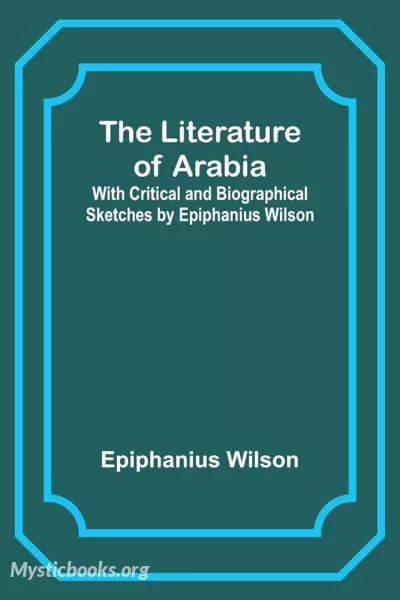
The Literature of Arabia
'The Literature of Arabia' Summary
"The Literature of Arabia" by Epiphanius Wilson is a comprehensive exploration of the rich and diverse literary traditions of the Arabian Peninsula. Wilson's work delves deep into the heart of Arabian culture, shedding light on its oral and written traditions, poetry, and storytelling.
The book begins by providing historical context, emphasizing the significance of oral traditions in pre-Islamic Arabia. It highlights the role of poets and storytellers as cultural transmitters and entertainers. Central to the narrative is the portrayal of the pre-Islamic period as a time when poetry held immense power and was often used to settle disputes or convey important messages.
As the narrative progresses, Wilson seamlessly transitions into the Islamic era, discussing the profound impact of the Quran on Arabian literature. He emphasizes the literary qualities of the Quranic text and its influence on subsequent Arabic literature.
The central conflict in the book revolves around the tension between tradition and innovation in Arabian literature. Wilson explores how the advent of Islam transformed literary practices, with a focus on religious texts and the emergence of Islamic poetry.
Wilson's writing style is both informative and engaging, making complex literary concepts accessible to a wide audience. His tone is respectful and appreciative of Arabian literary heritage, capturing the essence of the works he discusses.
Overall, "The Literature of Arabia" provides readers with a comprehensive overview of Arabian literary traditions, from the pre-Islamic period to the Islamic era. It celebrates the richness of Arabian culture and its enduring literary contributions. This book is an invaluable resource for anyone interested in the literature and culture of the Arabian Peninsula.
Book Details
Language
EnglishOriginal Language
EnglishPublished In
1899Genre/Category
Tags/Keywords
Authors
Download eBooks
Listen/Download Audiobook
- Select Speed
Related books
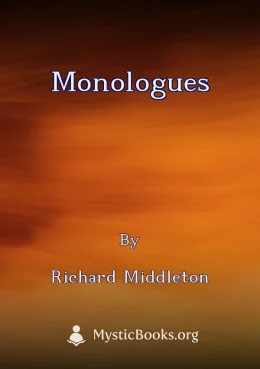
Monologues by Richard Middleton
This collection brings together 32 essays by Richard Middleton, an author known for his ghost stories, but also a skilled poet and essayist. These ess...
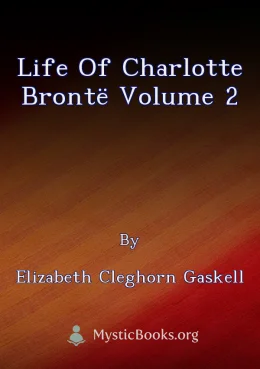
Life Of Charlotte Brontë Volume 2 by Elizabeth Cleghorn Gaskell
This biography, penned by Elizabeth Gaskell, offers a comprehensive look at the life of Charlotte Brontë, one of the most renowned authors of the Vict...
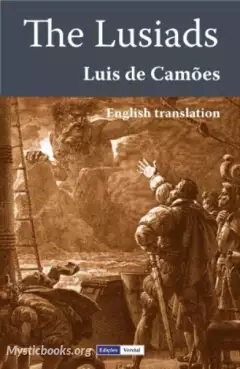
The Lusiads by Luis Vaz de Camoes
The Lusiads (Os Lusíadas) is a Portuguese epic poem, written in the 16th century by Luis Vaz de Camões. The poem tells the tale of the Portuguese disc...
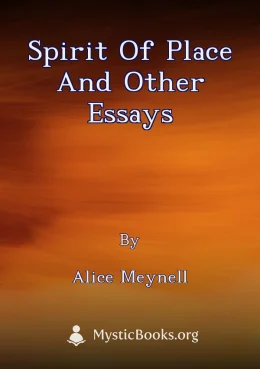
Spirit of Place and Other Essays by Alice Meynell
This collection of essays by Alice Meynell, a prominent English essayist and poet, delves into a wide range of subjects, showcasing her keen observati...
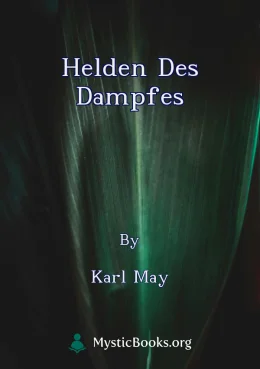
Helden des Dampfes by Karl May
''Helden des Dampfes'' (Heroes of Steam) is a collection of three essays by Karl May, originally published in the journal ''Schacht und Hütte'' (Shaft...

Favole di Jean de La Fontaine: Libro 01 by Jean de La Fontaine
Nei 12 volumi delle "Favole" (1669 - 1693) Jean de La Fontaine rinnovò la tradizione esopica, rappresentando la commedia umana. Quest'opera dimostrò i...
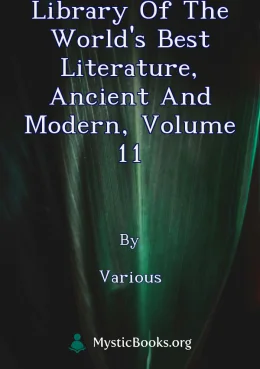
Library of the World's Best Literature, Ancient and Modern, volume 11 by Various
This volume, part of a multi-volume set, focuses on a selection of literary works from the period between the writers Dana and Dickens. It features a...
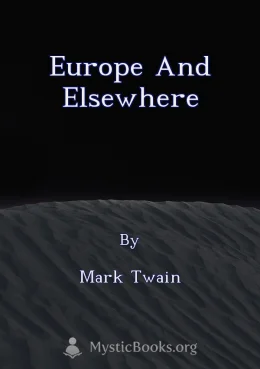
Europe and Elsewhere by Mark Twain
'Europe and Elsewhere' offers an intriguing collection of articles and essays penned by the renowned Mark Twain, drawn from his travels and experience...
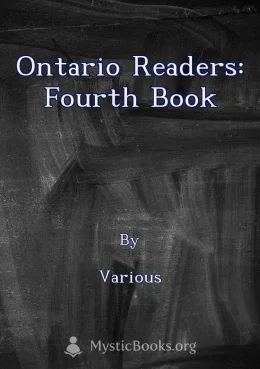
Ontario Readers: Fourth Book by Various
'Ontario Readers: Fourth Book by Various' is a 1909 English textbook published by the Ministry of Education of Ontario for fourth-grade students. It s...
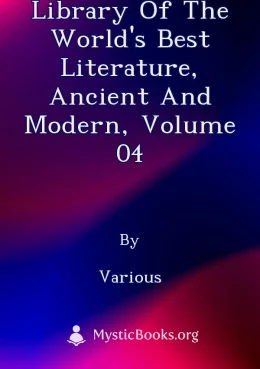
Library of the World's Best Literature, Ancient and Modern, volume 04 by Various
This fourth volume in "The Library of the World's Best Literature, Ancient and Modern" series features a diverse collection of writings from various a...
Reviews for The Literature of Arabia
No reviews posted or approved, yet...